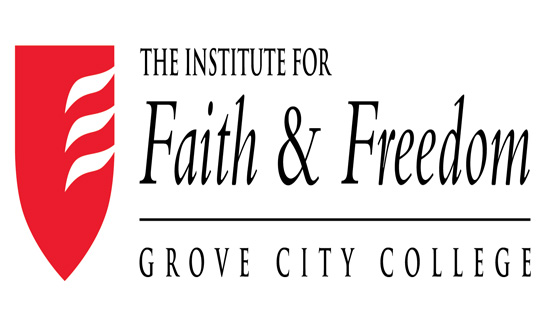Newspapers: Back from Where We Came
Starting a newspaper column isn’t easy. I dabbled at it for awhile then in the early 90’s decided to write a thematic series. I wanted to cover song writer Joni Mitchell’s 1971 classic "The Circle Game." A lawyer pal advised me to get copyright permission. I was shocked one morning when in a voice mail, Ms. Mitchell graciously granted me permission with: "have fun, the lawyers will send the paperwork."
For 26 editions I worked the stanzas into topics ranging from pig farms in Pennsylvania to nuclear war. It wasn’t easy. Phrases cropped up in the middle of the night and I would hit my luggable word processor draping towels over it so it wouldn’t wake the kids. I don’t think it was an accident that my secretary at the time was often sick on Mondays, dreading the notion of shipping several dozen floppy discs to newspapers across the state.
Today it’s so much easier. Bang out 800 words on the laptop, zap it across the state and post it on the Internet in a flash. Back then newspapers were fun, that’s not the news today.
I scan three to five newspapers a day. On the weekends I pick up a couple of the local weeklies. Their constant reporting of their own financial demise undoubtedly instills confidence in readers and advertisers. Though there is truth in their reporting. Most daily and weekly newspapers in metropolitan Philadelphia are in bankruptcy.
But last week’s lead editorial in one of the weekly papers was a chart topper, symptomatic of what ails the industry and its egocentric thinking. The editor wrote: "It seems years of dire warnings about newspapers heading the way of the dinosaur suddenly catapulted at warp speed to become reality."
Dinosaurs were killed off in some cataclysm. Newspapers are quite different. One extraordinarily credentialed editor recently said: "newspapers are dying of 1,000 cuts, one cut at a time." But for the last three decades of the twentieth century they were money machines. Newspapers routinely hiked the cost of advertising. The grocery stores, auto dealers or discount retailers struggling to earn a 3 to 4% profit were usually greeted every year with substantial hikes in their advertising costs. In the 1970’s when the US Postal Service decided to become a government subsidized advertising medium, jamming mailboxes with advertising circulars, few newspaper publishers were concerned about the new competition until it grew and it was too late to stop.
In another excerpt the editor wrote: "We’ve suffered layoffs, some of our sister papers have closed and our parent company has filed for chapter 11." It’s a tragedy. But management’s thinking doesn’t seem to be changing in this calamity. In that same chapter 11 filing the company’s management asked for a real rank and file morale building incentive. A bonus plan would apply to 31 key employees who could receive an average of $15,700 each if 450 positions are cut by March 31. Further bonuses totaling about $1.2 million would be available if the employees met other goals including eliminating newspapers.
The editorial continued: "newspapers companies were late to using the Internet as a vehicle to post content. By the time we all hopped aboard, opportunities for economic viability had already blown by." Typically newspapers that report their revenues only show 4 or 5% of income coming from website ads. Largely their response to this weakness has been to add more content to the web and trying to diversify in multi-media platforms. There’s an economic axiom that pre-dates even the printing press: give your product away for free and people won’t pay for it. Trying to turn newspaper editors into TV producers and the risk is that the core product suffers, begging the fact that commercial TV and radio stations have over 8 decades of experience in giving away their news.
Is it time to write the newspaper industry’s obituary? By no means. That same editorial said: "for those of us whose passion involve newspapers the news has been dreadful." Maybe we’ve done a dreadful job of delivering the news and when we do it for free on the Internet we commit those 1,000 cuts over again, every day.
There’s a great line in The Circle Game: "we can’t return, we can only look behind from where we came." In the media maelstrom of the 21st century, newspapers appear to have lost direction. Someday if the industry takes Mitchell’s advice it could survive quite nicely. It will take reinvention. To many the ego crushing realization must be borne that editorial crusading, political endorsements and editors or reporters that persist in writing about themselves are dismissed as anachronistic. That the real mission of those of us whose passion involve newspapers are the visual chronicles of our community’s lives. Their births, their deaths and the flashback of milestones in between in the world that begins at their front doors.
——————————————————————-
Albert Paschall is a former newspaper executive and serves as Senior Fellow of The Lincoln Institute of Public Opinion Research, a non-profit educational foundation based in Harrisburg. Celebrating its 12th anniversary, Somedays is syndicated to leading newspapers and radio stations throughout Pennsylvania.
Lincoln Institute of Public Opinion Research, Inc. | Olde Liberty Square | 4807 Jonestown Road, Suite # 242 | Harrisburg | PA | 17109




